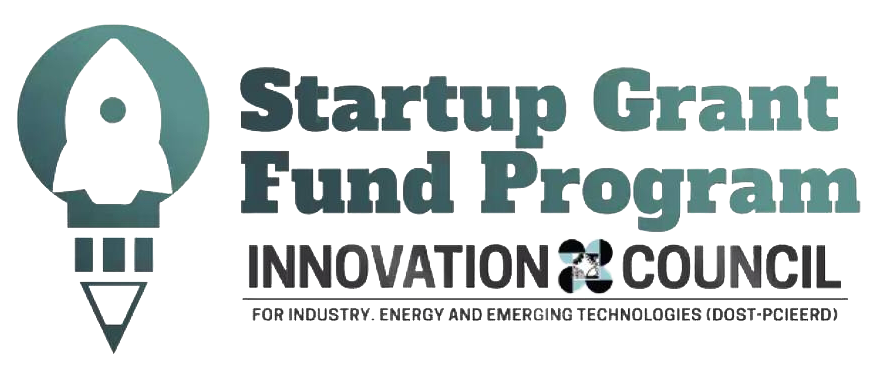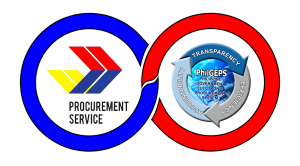Procurement contracts can be a source of concern for any rapidly expanding company. Judicial and business leaders collaborate to ensure that procurement contracts and the regulations that govern them grow in tandem with the enterprise. The buyer must explicitly describe what they wish to acquire and any expected terms and circumstances. The seller must provide the buyer with a proposal outlining the specifics of their offering. They negotiate and reach an agreement considering the information supplied by the buyer and vendor. Such contracts are legally binding for both the consumer and the vendor. Let’s discuss what should be included in your contracts and legal papers in procurement.

Agreements Between Buyers and Sellers
Each agreement between buyer and seller has legal ramifications. Thus, the information provided between them must be completely clear. As a result, procurement documents have emerged as the most essential item in the procurement procedure.
What is a Procurement Contract?
Procurement contracts are legal documents that control transactions between parties to procure products or services for commercial reasons. This sort of business contract, also known as a buy contract, is utilized to establish a legally enforceable partnership between the firm acquiring the items and the entity selling them, as well as to safeguard the interests of both parties.
Compliance contracts imply that you are abiding according to the regulations. What those standards are will vary widely according to the region you offer your services to, the size of your firm, and the sector in which you participate.
Why Do We Need Procurement Contracts?
Procurement contracts are significant for a variety of reasons. To begin, the objective of the contract is similar to that of most other contracts. It is to codify and ratify the parameters of a commercial partnership. These legal instruments protect both the vendor and the customer. This trust is essential in procurement partnerships since most transactions would include the involvement of other parties to acquire materials and meet delivery responsibilities.
Without this protection, suppliers may contract for goods and resources that they may not require but have to pay for. This is because companies want confidence that vendors will carry out their obligations and supply the demand issued. Following all, time is money! And getting recompense for broken commitments can be difficult without a solid contract.
Types of Procurement Documents
Seller Proposal
This is a comprehensive offer made by the vendor with regard to the buyer’s inquiry for a proposal or quote. The proposal would comprise parts such as understanding the buyer’s needs, proposed technical remedies, recommended implementation strategy, pricing, warranty, and so on.
Contract Agreement
A legally enforceable contract will have an offer, acceptance, and enough remuneration between the buyer and seller. Once finalized, the contract will include a full statement of work and additional terms and conditions.
Purchase Order
This is sometimes referred to as a unilateral contract raised by the buyer. When the seller accepts it, the contract becomes legally binding. Usually, an entity will comprise a list of vetted and desired vendors with a comprehensive agreement.
Bid Request
This is used to get financial quotes from a pre-selected array of vendors for certain purchases. This document contains the details of general prices and the array of services or products a vendor offers.
Bid Invitation
An official document invites potential bidders to participate in the process of bidding. This may involve the list of gathered vendors, which you will reach out to in the procurement process.
Information Request
This document is used to solicit information from prospective bidders on various products. This can request information on bidders that includes their bank statements for the previous ten years, details of their internal procedures, licenses they possess, a list of their clientele, client recommendations, and details of their prior successes, reports, and many other things.
Quotation Request
This legal document is an official document intended to explain the needs for particular transactions clearly and to get a price estimate.
Proposal Request
A proposal request is an official form used by a buyer to explicitly explain their purchase demands and supporting criteria, allowing potential vendors to comprehend the buyer’s wants. Possible technical execution firms will provide a full proposal, including their approach, installation timetable, cost, and so on.

Types of Procurement Contracts
Cost Reimbursable Contracts
Cost-reimbursable contracts, or cost-plus contracts, are contracts in which a contractor is paid a specified price for their work yet is credited for any additional supplies or costs spent while carrying out the contract. The charges frequently encompass both direct and indirect expenses.
Fixed Price Contracts
The vendor has agreed to sell and furnish an item or service for a defined fee under this contract. A fixed-price contract provides purchasers with greater security than other procurement contracts. This contract defines the payment conditions in advance, and if the fees and expenses of delivering the items or solutions rise, the buyer’s payment will not change.
Time and Material Contracts
These are the legal documents that attempt to pay a supplier for the resources used in completing the contract and the time spent working on that specific project. This type of procurement contract is frequent among manufacturers and other professionals that specialize in delivering a service.
Procurement Compliance
Compliance is a vital component of every organization’s risk mitigation plan. It guarantees that suppliers, purchasers, and staff follow every clause of their contracts, so safeguarding your firm against fraud, corruption, and reckless expenditures.
Why is Compliance Important in Procurement?
Contract compliance is critical in assisting firms in meeting all of their business goals. Contract administration may help procurement personnel avoid risks, strengthen vendor relationships, and give more expenditure transparency to the entirety of the business.
Benefits of Digitized Procurement
Lacking comprehensive accessibility, it is difficult to ensure that spending details are provided on a daily basis rather than at predetermined periods. With a digitized procurement platform, procurement becomes more centralized. This allows approvers to fix the situation before it escalates.
- Immediate Accessibility
- Centralized System
- Enhanced Transparency
- Improved Organization
- Streamlined Communication
- Availability of Support
Compliance becomes considerably easier to achieve by automating the purchase process. Procurement teams can rapidly evaluate whether suppliers satisfy performance standards and detect any concerns with turnaround times, inspection of quality, billing, and other factors. Digital procurement enables teams to expedite the supplier assessment process, maintain purchase orders, and continuously analyze cost-cutting efforts. This allows for a more effective procedure for managing legal procurement compliance which leads to higher productivity and additional savings potential.
Succeeding in Procurement
Given that you’ve established the fundamentals of an action plan, consider what procurement regulatory performance might entail. You can also make your procurement process easier by conducting your procurement process digitally. One of the platforms that has expertise in this field is Shoppable Business. You can work on your procurement compliance policies and contracts within the platform and obtain specific quotes from the vendors of your choice.
At the contrary end of the spectrum, your objective may be to maximize the value of the teams and technologies you already have set up by completely incorporating their procedures and information. In this situation, you may have many objectives, such as contract expenditure percentage and recommended vendor utilization.

Procurement contracts are an excellent instrument for maintaining the longevity of ties formed between vendors and purchasers. Contracts assist in eliminating misunderstandings and specifying the duties due by both sides with confidence by bringing clarity to these interactions. Consequently, having procurement contracts in effect can help to minimize relationship breakdowns and, hopefully, reduce attrition. Finally, procurement contracts contrast with a variety of commercial contracts.
Shifting procurement activities to the cloud allows companies to acquire actionable information, reduce risks, and enhance revenues. It can be confusing to operate without a digitized procurement platform. However, you can explore Shoppable Business to discover more about how the platform streamlines compliance for companies of all sizes. Sellers and buyers across all industries are welcome to join the platform!









